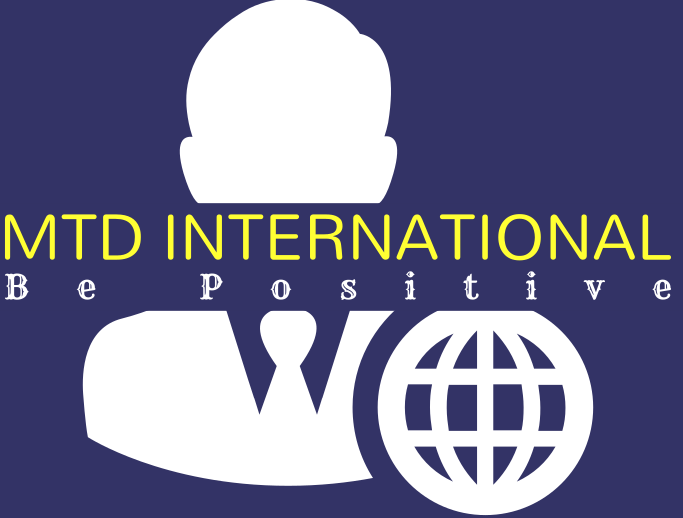The most recent Indian Politics News: the main trends and the future perspectives
The politics of India is as dynamic and intricate as it ever was, and the course of the country has been influenced by current events. In state elections, as well as in policy changes, the relationship between the ruling National Democratic Alliance (NDA) and the opposition INDIA bloc has remained a factor in defining both government and popular agendas. This is a plain-English, non-academic perspective on the most recent events, their ramifications and the future.
State Elections: A Barometer of National Sentiment
The recent state assembly elections in Karnataka, Telangana and Madhya Pradesh have provided important insights into the mood of the voters. The overwhelming victory of Congress party over the opposition in May 2023, in Karnataka, triggered a change in the terrain of the region, as voters began to vote based on local agendas such as unemployment and inflation rather than on national discourse. The victory helped the morale of the opposition INDIA block, as it showed that the BJP is not invincible.
On the other hand, the BJP also held on to power in Madhya Pradesh, Chhattisgarh, and Rajasthan later in 2023, highlighting its organizational capability and welfare programmes such as the Ladli Behna Yojana (a direct cash transfer to women). These findings highlight the political diversity of India: urban voters might be interested in economic development, but rural populations tend to be more interested in relief programs.
In the future, Maharashtra, Haryana, and Jharkhand (later in 2024) will be very important. Maharashtra is especially a war ground with its fraught coalition politics of BJP, Shiv Sena factions and Congress-NCP. Youth participation and voter turnout will be important watchwords.
Policy Shifts: Economy, Social Welfare, and Controversies
This third term of the Modi government (after 2024 Lok Sabha elections) has been focused on economic stability in the face of global uncertainties. The 2024 Union Budget provided steps to increase production (e.g. subsidies to produce semiconductors) and help the middle classes through tax cuts. Nevertheless, inflation, particularly in food prices, is still an issue, and opposition parties are accusing the government of not doing much.
Headlines are still filled with social welfare programs. Ayushman Bharat health plan now covers 500 plus million Indians and the Ujjwala Yojana (free LPG connection) has been extended to reach out to more marginalized families. Nonetheless, there are still controversies on the loopholes in the implementation process as reports show beneficiaries were subjected to bureaucracy in the rural regions.
The controversial Waqf (Amendment) Bill, 2024, that was designed to revamp the management of Muslim religious properties, has elicited a hot debate. Its advocates state that it guarantees transparency and opponents state that it violates the rights of the minority. The passing of the bill in the Lok Sabha (awaiting approval in the Rajya Sabha) shows that the government is insisting on legislative reforms despite the opposition.
 |
| prime minister of india |
Key Players: Leadership Dynamics and Alliances
Prime Minister Narendra Modi continues to be the chief political figure in India who, through his international influence, draws investments and establishes India as the leader in the Global South. His focus on infrastructure development such as new highways and the Gati Shakti masterplan appeals to voters who want development. The concerns regarding job creation and democratic backsliding remain, however, and the opposition has accused the government of centralizing power.
The INDIA bloc headed by Congress president Mallikarjun Kharge and Rahul Gandhi is struggling towards unity on the opposition side. The congress base was rejuvenated by the Bharat Jodo Yatra (Unity March) of 2023, as Gandhi campaigned on his social harmony and economic inequality platforms. However, in-fighting over the sharing of seats and leadership positions have compromised the efficiency of the bloc. In particular, regional leaders such as West Bengal Mamata Banerjee and Delhi Arvind Kejriwal have crucial roles, sometimes juggling state-specific interests with the agendas of uniting the opposition countrywide.
Social Movements: Voices from the Ground
Policy is still affected by grassroots movements. Although the protests of farmers are not so severe as the agitation in 202021, they reappear occasionally on the demands to raise the price of crops and cancel debts. Concurrently, the campaign by the younger generation, like the one instigated by the hashtag RozgarDo, brings up concerns that the demographic dividend in India is becoming a challenge.
Empowerment and safety of women also have become popular. The public anger caused by high-profile cases in Manipur and Uttar Pradesh compelled the government to accelerate the reforms to the justice system and invest in women helplines. Groups in civil society, though, emphasize that sustainable change must entail more profound change in culture.
What’s Next? Challenges and Opportunities
Three things will prevail in India in 2024:
Economic resilience: As the world faces uncertainties, maintaining growth and inflation control will challenge the fiscal policies of the government.
Social Harmony: The emergence of communal tensions in India due to divisive rhetoric is a threat to the secularity of the country. Ruling and opposition parties are under pressure to choose unity over polarization.
Democratic Health: Free and fair elections, freedom of media and independence of institutions will come into question, particularly as the general elections of 2024 herald the legacy of Modi.
Essentially, Indian politics is all about contradictions: a country that is in a hurry to become modern and at the same time it struggles to deal with inequalities that may exist since time immemorial. Being informed and active is more important than ever before to citizens. The people get the government they deserve, as the old adage goes, in a democracy and India, with its colorful, sometimes disorganized, political history, is no exception to the rule.









.jpg)
0 Comments